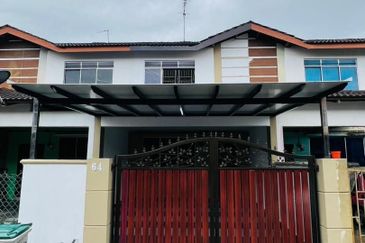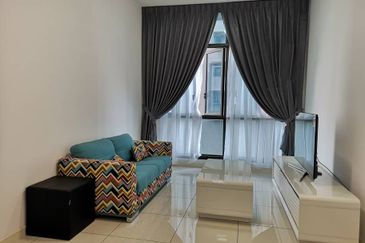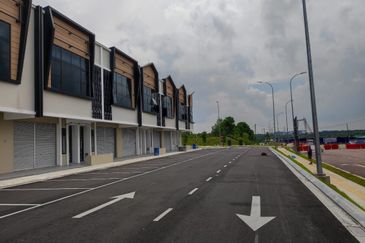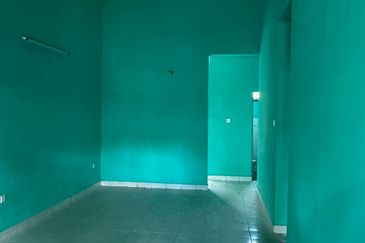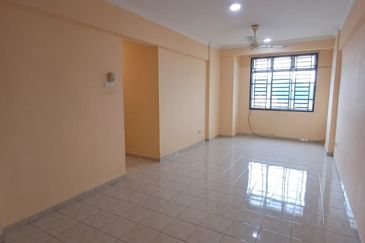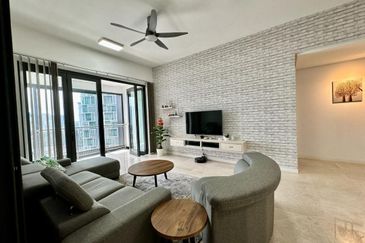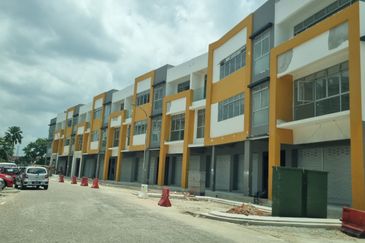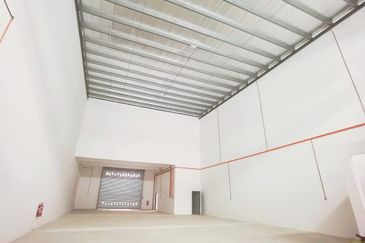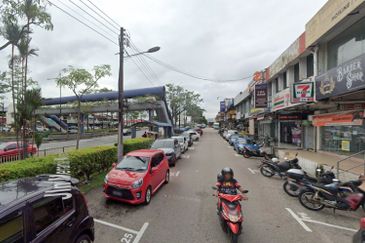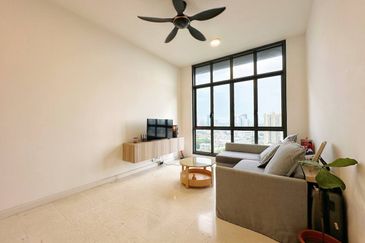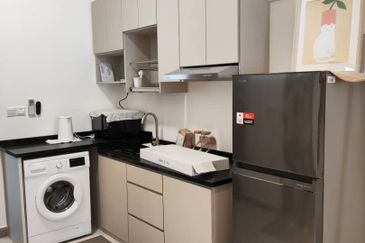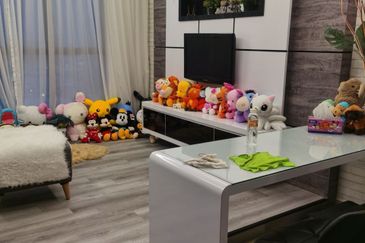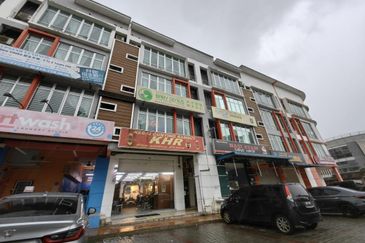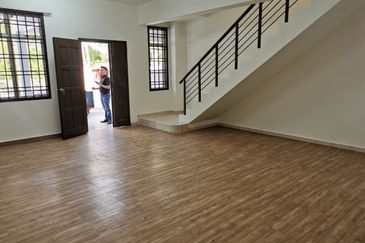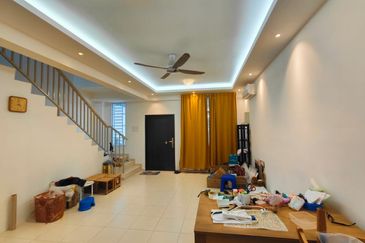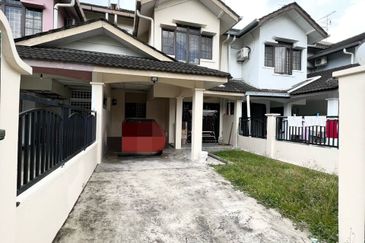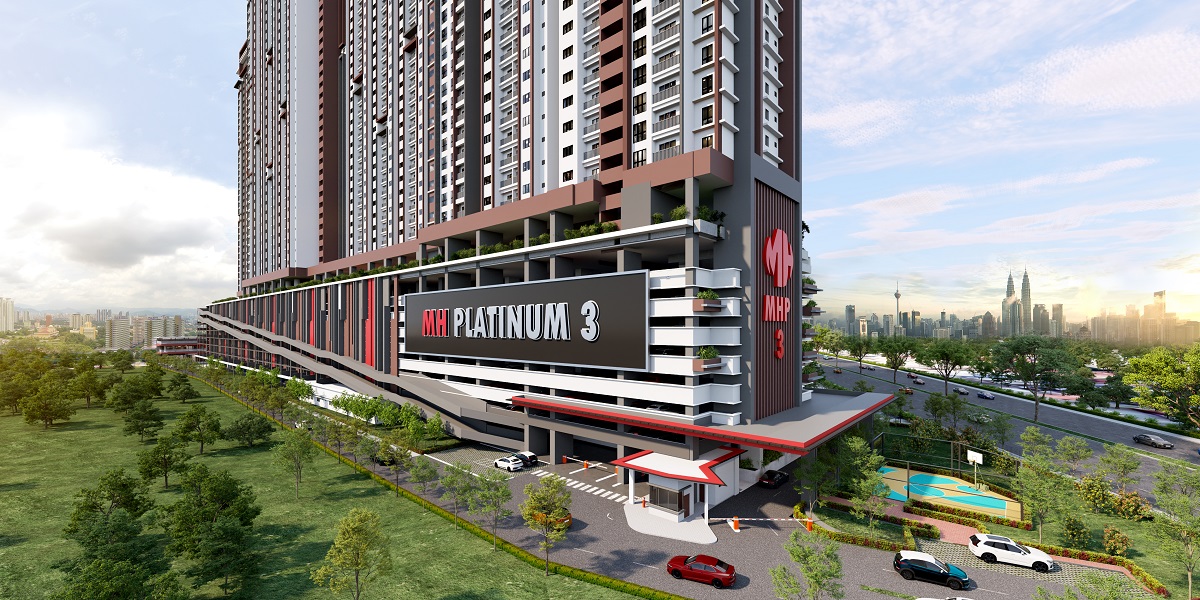
Maintenance fees can range from as low as RM0.13 psf to as high as RM1.60 psf for residential properties in Malaysia. We would naturally think: the lower, the better. On the other hand, we do not want a management that is under-serviced due to shortage of funds, do we?
Here, two property management experts share how funds can be kept in surplus without compromising management quality. The Management Corporation (MC) chairman for Endah Promenade Condominium in Sri Petaling, Kuala Lumpur, Siew Yee Hoong, who doubles as a council member of the Malaysian Institute of Property Managers (MIPPM), has successfully led a few MCs for the past 11 years. Meanwhile, Henry Butcher Malaysia (Mont’Kiara) Sdn Bhd executive director Low Hon Keong has 15 years of experience in the real estate industry. His company manages more than 20,000 stratified residential developments and over 10 million sq ft of commercial properties.
What to look out for?
Low: Under the Fifth Schedule of the Housing Development Act (HDA), the Form of Service Charge Statement clearly spells out the expenses to be covered for at least the next 12 months. The Statement should be included in the sale and purchase agreement to realistically show the costs needed to maintain the building in the long run. For example, if there are 400 units, it does not make sense if the security charges are only enough to employ two guards.
The list may not include every facility, such as the jogging track, but if it is a grass trail, the cost should be included under the landscaping category. Extensive landscaping also involves substantial cost in gardening. Other major facilities like water features and theatre room should be factored in for their considerable cost for repairs.
Buyers must consider whether all the facilities are practical for the long term. Are you willing to pay, if you are not a frequent user of the facilities?
Beware also of the terrain of the construction. If the building is on a slope, slope maintenance can take up a substantial sum because a slope engineer has to be engaged to monitor soil movement.

If in doubt, the purchaser has the right to ask the developer to explain how the figures in the Statement are derived.
Joint Management Bodies (JMBs) and MCs must study the products and services in detail before implementing them in the properties. Are they worth the investment? For example, certain energy-saving lights may claim they will save 50% of energy cost, but note it is only on lighting. On the whole, it may mean only a 10% savings from your total electricity bill. Another consideration is for products that continually come up with newer versions — will the current model become obsolete too soon?
Siew: Managements must study the strata plan and development order. In one encounter, upon reading the plan, we realised that a set of escalators at the commercial area actually belongs to the developer. We allocated it back to them and saved about RM3,000 to RM4,000 a month.
What is optional?
Siew: Safety, energy and cleaning take up the main capital expenditure. The rest depends on needs and spending capacity. (Refer to the table below for a budget sample.)
If you want to minimise expenses, you can deactivate your water features because pump replacements are expensive. Furthermore, besides algae growth, people tend to throw things into ponds, so they require professional cleaning services.
Electrical cost can also be cut down. For instance, a building may come with 100 lighting points, but you may need to switch on only 50 to provide sufficient comfort. During the day or certain times of the year, when the hours of light and dark change, adjust the timer accordingly. Certain building automation systems can help lower utility cost, such as auto-switch off taps at public washrooms.
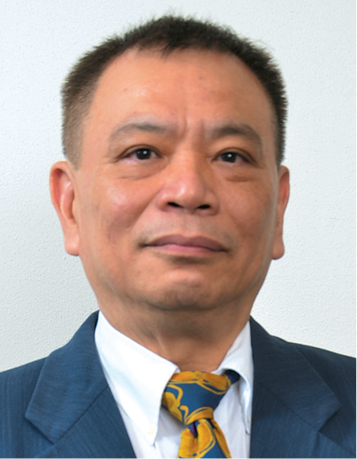
On the other hand, it is always good to have spare funds for unforeseen costs such as new regulations. A recent example is the requirement for anti-clamp devices for escalators and a back-up power supply (energy box) for lifts. These will set the management back by thousands of ringgit or more.
Low: The fixed costs are for security, electricity and water, property management services and cleaning, which typically take about 50% to 55% of the total expenses (as shown in Table 2).
Variables include ad hoc repair works and upgrading. For example, some JMBs tend to modify the development concept, such as replacing trees with grass to cut down on gardening maintenance. New committees may be over-ambitious for a transformation. But as a fixed-income organisation, you must schedule your upgrading works according to your financial capability. By right, the sinking fund should be used for repainting, lift maintenance and other crucial areas, but if you use it to change the concept, it will shrink your capital reserve.
One totally unnecessary spending is for legal cases such as those against normal defaulters. It is cheaper to file these claims under the Strata Management Tribunal (SMT) which costs only RM100 for residential and RM200 for commercial. The second type is litigation. This should be completely avoided. Besides, the parties will usually be directed to settle out of court. Anything that involves legal cases will take at least RM50,000.
Keeping fees unchanged
Low: Increasing maintenance fee is a very unpopular measure. Only if we are asked to take over from a messed up management, then we have no choice but to make a cash call.
Proprietors should also be realistic. If market tariffs have risen but you still want the same rate, you must be prepared to compromise, such as reducing the number of guards or frequency of cleaning works.
One way to keep fees reasonable is to get value-for-money services. For example, security services tend to increase after a few years. We can always call for tenders to do a comparison.
Variables like upgrading works must be spread over a longer period. Don’t do major works, like retiling, all at once. This ensures there’s enough cash flow and minimises disruption.
Planning for future works
Siew: The major areas that need planning ahead are repainting, facility upgrades such as lifts, and water pipeline replacements.
Get current quotations about three years before the work is due. Anything much earlier might be impractical. From the price, project a 30% increase and get the sum approved in a General Meeting. The law allows sinking fund to be increased more than 10%. For example, in one condo, residents pay an extra RM30 per month for three years for repainting. In another, RM70 is collected monthly for one year to install the CCTV. There is no hard and fast rule. It is up to how you manage it.
Low: We always plan ahead to cover the life cycle cost of major items, such as repainting, lift refurbishment, and major changes in CCTV, barrier gate and escalators.
If residents use the equipment conscientiously, they can last beyond the recommended life span, which translates into more savings. If they are vandalised or mishandled, it bounces back to your own pockets.
Every item in the inventory must have its life span recorded. Things like water pumps for fire-fighting equipment and water features all come with life span of maybe 10 years and five years respectively. All these must be factored in. For instance, based on current quotations, we add in an annual inflation rate of about 5% for the number of years of the life span. For practical reasons, we will not bill anything beyond three to five years, unless they are big ticket items such as repainting.
On repainting, a proper coating system must be used for the façade because it reflects the development’s image. Owners will be proud of their residence, while prospective buyers will find it more attractive. Besides, a proper coating system of exterior paint should last for at least five to seven years because it can’t be touched up easily like interior paint.
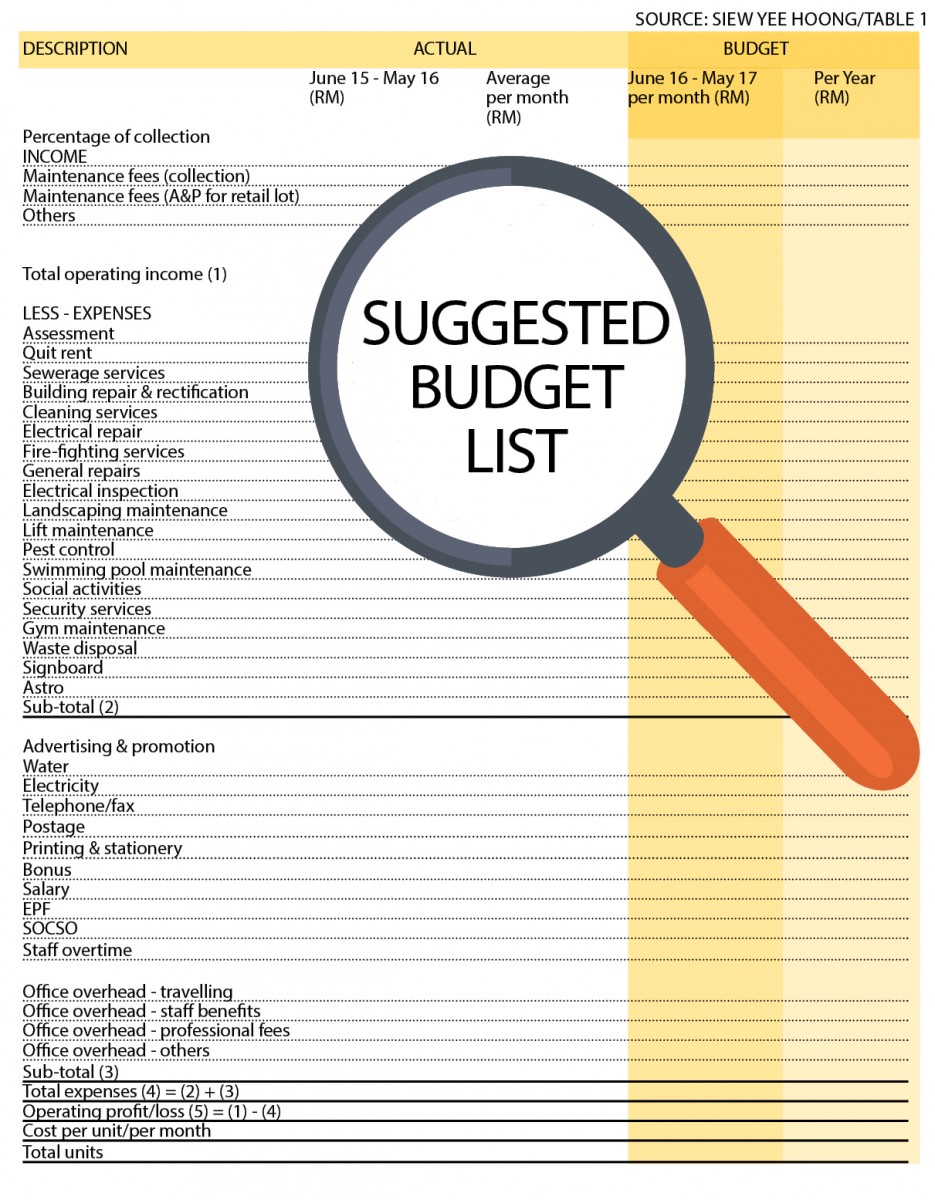

Manage your building through Nippon Paint hassle-free painting service package. Call 1-800-88-2663 to find out more!
This story first appeared in TheEdgeProperty.com pullout on June 23, 2017. Download TheEdgeProperty.com pullout here for free.
TOP PICKS BY EDGEPROP
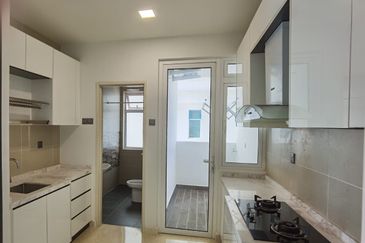
TriTower Residence @ Johor Bahru Sentral
Johor Bahru, Johor
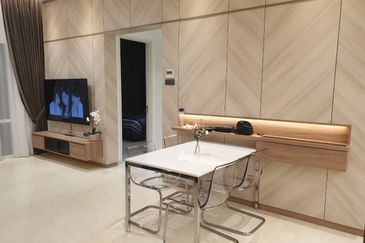
TriTower Residence @ Johor Bahru Sentral
Johor Bahru, Johor
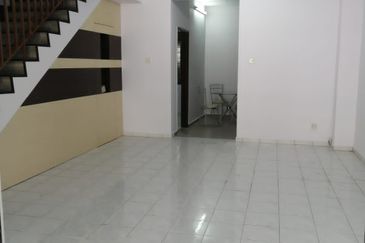
Taman Bukit Indah @ Iskandar Puteri
Johor Bahru, Johor
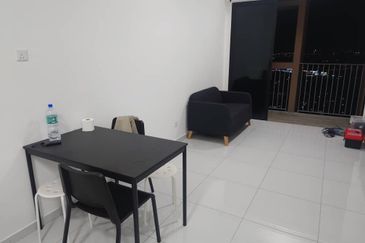
Sky Trees @ Bukit Indah
Iskandar Puteri (Nusajaya), Johor

